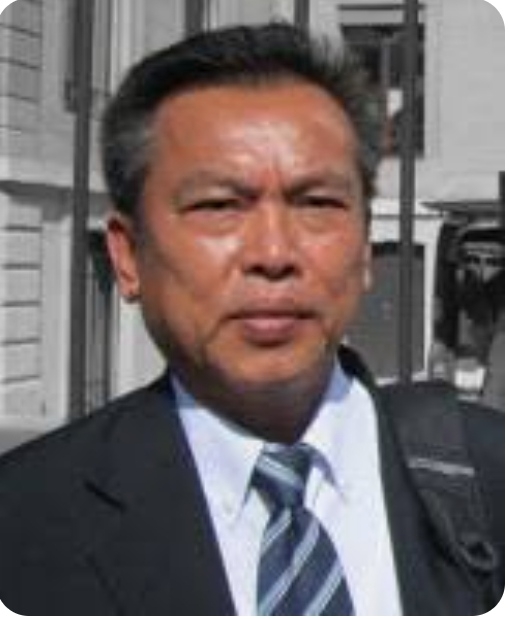Daniel John Jambun
Daniel John Jambun, 26-5-2023
Kota Kinabalu : Article 6(7) of the Sabah Constitution isn't about simple majority, it does not rule out minority gov't.
Simple majority can come, through coalition, after minority gov't was sworn in.
Under Article 6(7), only Pairin and Shafie Apdal qualified. Pairin, in fact, even still qualified after there were two defections from his gov't in 1994. Sakaran, who succeeded Pairin in 1994, did not qualify under Article 6(7).
In short, all Chief Ministers in Sabah between Pairin and Shafie Apdal and after the latter were unlawfully appointed.
That's the real reason why Article 6(7) was deleted from the Sabah Constitution. It's also because Article 6(7) was observed in the breach after Pairin and after Shafie Apdal.
Article 6(7) was introduced by Pairin for political stability. It was followed by the first anti hop law in M'sia. The anti hop law was struck down by the High Court before the 1994 early election on the grounds that "an inferior law was null and void to the extent of its inconsistency with a superior law". Parliament had no anti hop law.
Although the Pairin gov't fell in 1994 because of the anti hop law being struck down, Pairin could have still stayed on as Chief Minister because of Article 6(7).
It's surprising that Pairin, a lawyer and the Architect of Article 6(7) and the anti hop law, caved in amidst pressure from the Mahathir gov't.
The new anti hop law in Sabah doesn't solve anything.
If anything, there would be even greater political instability.
The new anti hop law is unconstitutional since Article 10 in the Federal Constitution cannot be amended under the Basic Features Doctrine (BFD) which permeates the Constitution.
A seat, under Article 5, Article 8 and Article 13, belongs to the holder. It cannot belong to a party.
There's no "race", religion and political party in the legislature.
The law may strip a lawmaker of seat, i.e. if amendment to Article 10 isn't declared unconstitutional, but it cannot strip a lawmaker of property rights. The seat is the property of the lawmaker. The gov't would have to compensate a lawmaker if his or her seat is vacated.#
Daniel John Jambun currently is president of Borneo's Plight in Malaysia Foundation (BoPiMaFo)





No comments:
Post a Comment